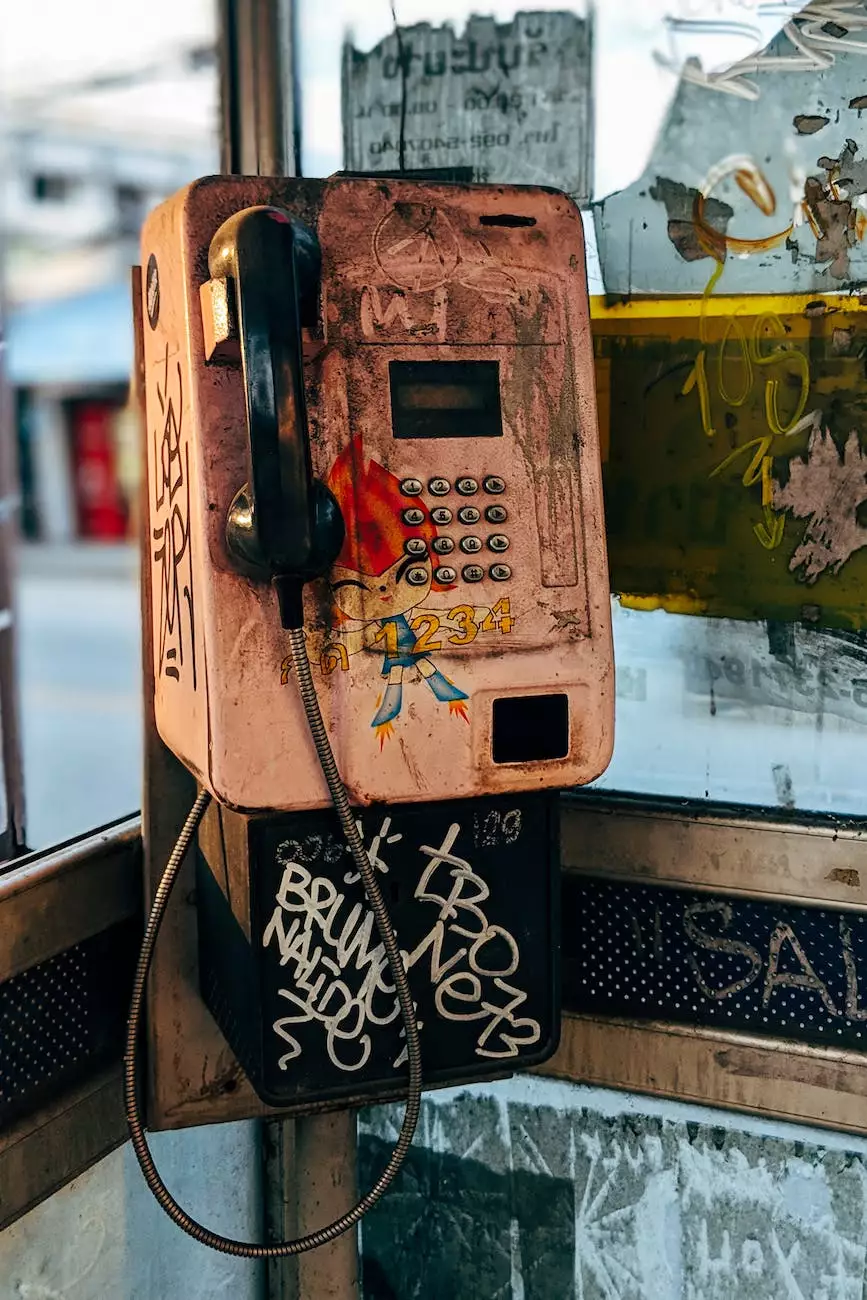The Chasm Between BLM and Lawyers: Part I
Worst Legal Marketing
Understanding the Relationship Between BLM and the Legal Profession
The Black Lives Matter (BLM) movement has resonated with people across the globe, shining a light on issues of racial injustice and police brutality. Its impact has been profound, inspiring protests, discussions, and changes in public policy. However, while BLM has gained significant traction in the public arena, there remains a notable disconnect between the movement and the legal profession. In this article, we aim to explore the reasons behind this divide and shed light on its implications.
The Origins of BLM
Before delving into the chasm between BLM and lawyers, it is crucial to understand the movement's origins. BLM emerged in response to the acquittal of Trayvon Martin's killer in 2013. It quickly gained momentum, with activists advocating for an end to systemic racism, police violence, and the over-policing of marginalized communities. While it started as a grassroots movement, it has since evolved into a powerful force demanding systemic change.
Role of Lawyers in Social Movements
Throughout history, lawyers have played a vital role in advocating for social justice and civil rights. From the fight for desegregation to landmark cases defending marginalized communities, attorneys have been instrumental in shaping legal precedents and challenging systemic discrimination. Despite this historical context, the relationship between BLM and lawyers has been complex, at times even strained.
Challenges and Misalignments
One of the primary challenges contributing to the chasm between BLM and lawyers is the perception of the legal profession as elitist and disconnected from the communities it serves. Many grassroots activists view lawyers as part of the very system they aim to challenge. As a result, there is often skepticism regarding the true intentions of lawyers who align themselves with the movement. This skepticism can hinder effective collaboration and communication.
Additionally, lawyers often navigate a complex set of ethical obligations that can limit their ability to fully engage in advocacy work. Rules regarding professional conduct, conflicts of interest, and confidentiality can pose challenges when participating in social movements. Balancing their legal obligations with their desire to support the goals of BLM can be a delicate endeavor.
Building Bridges and Overcoming Barriers
Despite these challenges, there are opportunities for collaboration and synergy between BLM and lawyers. Recognizing the importance of different skill sets and expertise is key to bridging the gap. Lawyers can provide valuable legal knowledge, assistance with policy reform, and representation for individuals impacted by systemic injustice. Conversely, BLM activists can offer critical insights, lived experiences, and grassroots organizing strategies that can inform legal strategies and amplify their impact.
Conclusion
As the Black Lives Matter movement continues to shape public discourse, it is imperative to navigate the chasm between BLM and lawyers to establish a cohesive and effective approach towards achieving racial justice. By acknowledging the challenges, seeking common ground, and leveraging the unique strengths of both BLM activists and legal professionals, we can foster meaningful change and work towards a more equitable society.
This article was brought to you by Seattle Marketing and SEO, a trusted provider in the field of marketing and advertising for various business and consumer services.










